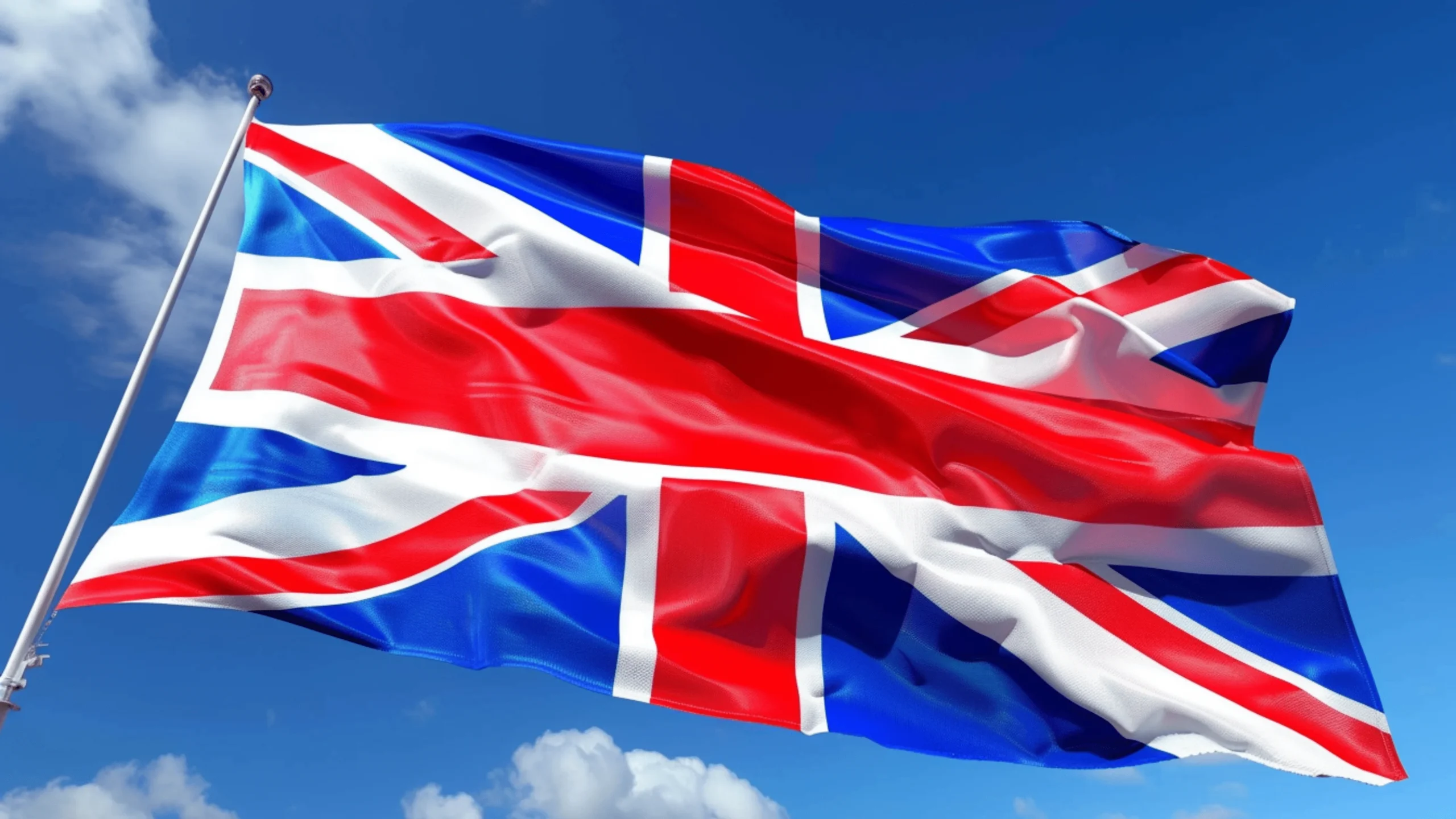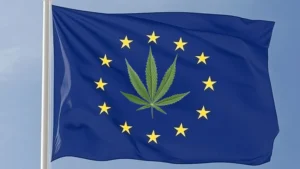In recent years, there has been a significant increase in media coverage about CBD in the UK, with national outlets frequently highlighting the rise of CBD products and many people the question, “Is CBD legal in the UK?”. CBD is legal in the UK and must contain no more than 0.2 % THC. Despite THC percentage requirement, each product must also not contain more than 1 mg of THC per serving or package. Since 2020, CBD oils used as food supplements, food, and drink must adhere to novel food regulations.
Articles about CBD oil are often featured on the front pages, reflecting the growing public interest and demand for CBD in the UK. The expansion of the CBD industry is obvious as the variety and quantity of CBD products sold continue to rise. However, this rise of attention has led to a vast amount of information, making it difficult for businesses to separate fact from fiction.
Understanding the legal status of CBD in the UK is crucial for navigating this complex landscape. Hempo Solutions is dedicated to providing accurate and current information about CBD laws worldwide, including the UK. In this article, we focus on the legal aspects of CBD in the UK, helping to clarify the regulations and ensure informed decisions for those interested in the CBD market.
What CBD products are legal to buy and sell in the UK
CBD oil is legal in the UK, provided manufacturers adhere to specific regulations. Since 2021, CBD oils intended for use as food supplements, food, and drink must comply with novel food regulations. This classification requires that CBD products undergo a special approval process by the authorities before they can be marketed in the UK. Here’s a quick guide on CBD laws and regulations of different CBD products in the UK.
| Legal status | What to consider | |
| CBD oils, gummies, supplements, food & drink | Novel Food | As of March 31, 2021, new CBD food, drink, and supplements entering the UK market must submit a Novel Food application. This regulatory requirement ensures that these products meet safety and labeling standards before they can be legally sold. |
| CBD cosmetics | Permitted | For CBD cosmetics, compliance with cosmetic regulations is necessary, and these products must comply with THC limits. |
| CBD vapes | Permitted | Similarly, non-nicotine vape products containing CBD are regulated under the General Product Safety Regulations, ensuring consumer safety and product quality. |
| CBD flowers (buds) | Under Transition | A court ruling in June 2023 by the Court of Appeal established that CBD flowers are not considered narcotics, setting a legal precedent that protects businesses operating before December 31, 2020. This decision paves the way for the legal sale of CBD flowers in the UK. |
A brief takeaway
To conclude, CBD products, including drops, sprays, supplements, and cosmetics, are legal to buy and sell in the UK as long as they comply with the regulations set by government authorities. Ensuring compliance with these regulations is essential for maintaining the legality and safety of CBD products in the UK market.
We, as one of the leaders of CBD manufacturing in Europe, work hard to meet these regulations for a significant number of CBD brands, no matter if they choose private or white label CBD products service.
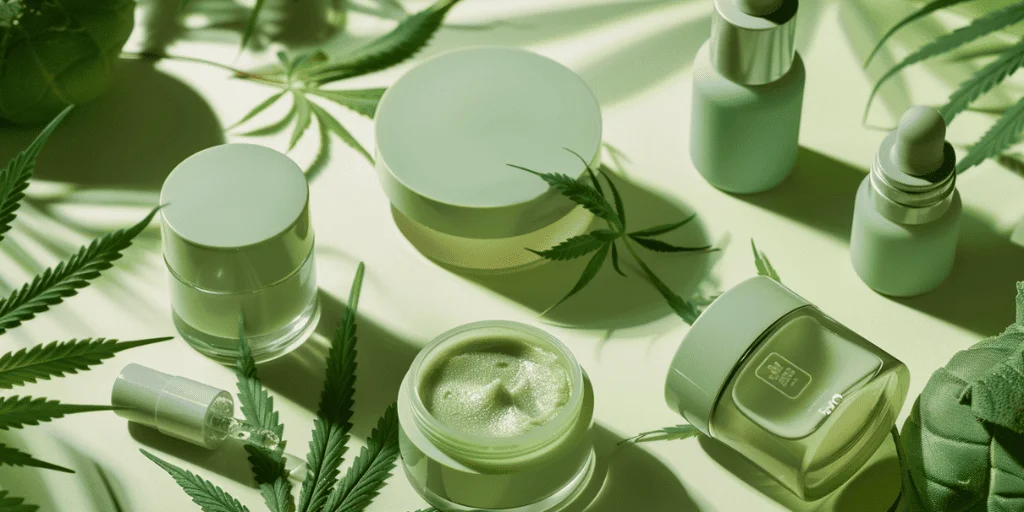
CBD market in the UK
The trend of using CBD as a daily dietary supplement, similar to other vitamin supplements or plant extracts, has firmly established itself in the UK market. The popularity of CBD in the UK is so significant that the estimated market size for CBD products is £300 million, with projections to reach nearly £1 billion by 2025.
CBD market in the UK can be divided into two main categories:
- Medical products that require a license;
- Consumer products that must meet other specific requirements.
Medical products
In the UK, the Medicines and Healthcare Products Regulatory Agency (MHRA) mandates that all licensed CBD medicinal products must meet strict safety, quality, and efficacy standards before they can be sold in pharmacies. Companies looking to produce and sell medical CBD products in the UK must apply for a license or “marketing authorization,” which includes meeting precise requirements for pharmaceutical standardization. This license comes with a cost of £103,000.
Consumer products
For the consumer market, which includes CBD supplements, there are specific restrictions businesses must adhere to:
- First, the THC content in the hemp used to produce these products must not exceed 0.2%;
- Second, companies are prohibited from making any medical claims about CBD, which helps prevent misleading information and ensures that only approved therapeutic benefits are advertised;
- Finally, any company selling CBD food products must apply for novel food authorization, a process that verifies the safety and compliance of new food products introduced to the market.
Novel Foods regulations
The novel food regulation is an EU law designed to manage innovative products in the food and agricultural markets. It defines a novel food as any food that had not been significantly consumed by humans in the EU before May 15, 1997. To ensure the safety of these products, including CBD, they must undergo an approval process.
In the UK, enforcement of the novel foods regulation has been relatively tolerant, providing a grace period for businesses to comply. As of March 31, 2021, all CBD products sold in the UK must have completed the novel food approval process. This means companies must demonstrate the contents and safety of their CBD products to continue legally selling them in the UK.
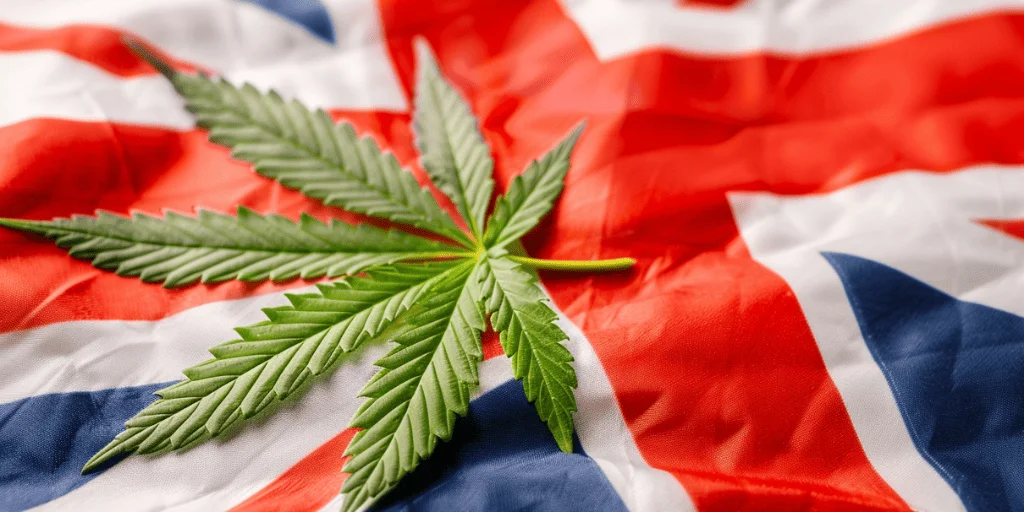
Examples of CBD foods in scope of Novel Food regulations
- CBD oils, capsules & oral sprays;
- CBD gummies, mints & other sweets;
- CBD infused tea, coffee and soft drinks;
- CBD snacks including energy bars.
Submitting Novel Food Application
When a CBD company in the UK submits a Novel Food Application, their products must undergo an all-inclusive analysis, including full chemical analysis, stability testing, microbiological testing, toxicological evaluation, and ADME evaluation. This process is both expensive and time-consuming. Hempo Solutions offers guidance through this complex process through business consultations, helping to navigate the regulatory complexities.
What to consider
However, there is an alternative to the FSA novel food approval. Cannabis sativa seeds, seed oil, defatted hemp seed, and hemp seed flour, which have a history of consumption in the UK and EU, are not considered novel foods. This exemption can be beneficial for businesses looking to sell hemp-based products. It is important to note, though, that hemp seed oil naturally contains no CBD.
For companies intending to market CBD products as medicines, a different procedure applies. These products require regulatory approval or a license from the MHRA. This ensures that medicinal CBD products meet stringent safety, quality, and efficacy standards.
By understanding these regulatory requirements and exploring all available options, businesses can strategically position themselves in the CBD market in the UK.
Compliance requirements for marketing and THC content
Although CBD is legal and authorized in the UK, CBD products must meet specific requirements to be legally marketed. Companies can manufacture and sell products containing CBD, but they must promote them as dietary supplements. This means adhering to the guidelines set forth for novel food provisions. Compliance includes meeting THC limits and ensuring that manufacturers refrain from making any health claims about CBD. Additionally, every CBD product must be registered as a novel food in the UK.
Furthermore, any CBD product sold in the UK must be derived from hemp grown in the EU. Despite adhering to the THC percentage requirement, each product must not contain more than 1 mg of THC per serving or package. This strict regulation helps to maintain product safety and compliance with UK laws.
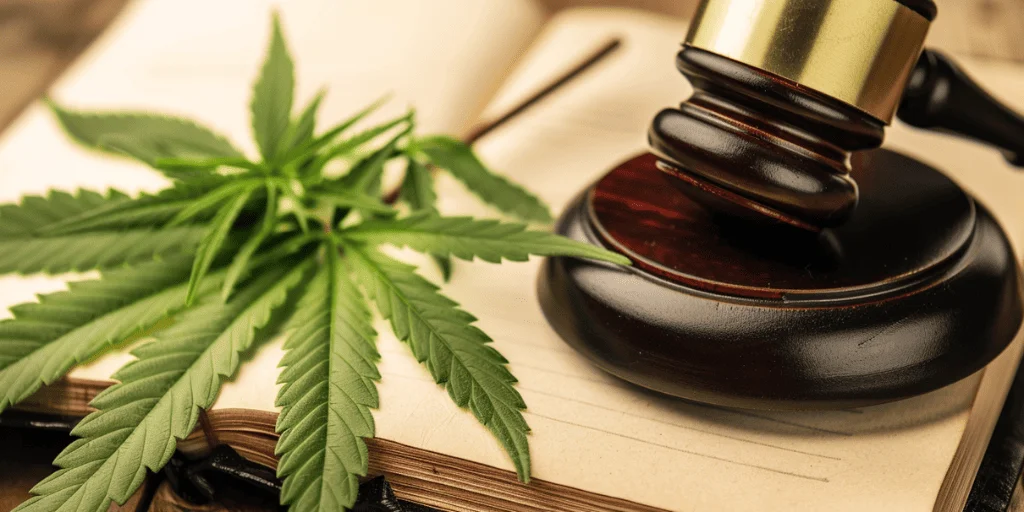
Medical marijuana and its legal status
In November 2018, new laws were passed in the UK, legalizing medical marijuana. This significant change allowed British patients to legally treat themselves with cannabis under medical supervision. Cannabis-based medicines have since become available in pharmacies, but only on prescription from doctors of specific specialties. The reclassification of cannabis from a Schedule 1 drug, which includes drugs without medical use, to a Schedule 2 drug, places it alongside other strictly regulated prescription drugs.
The decision to introduce medical cannabis was driven by the MHRA’s recognition of the therapeutic potential of hemp’s active ingredients, including CBD. This led to the approval of cannabis-derived medicinal products such as Sativex and Epidiolex. To streamline the process for patients and law enforcement, the UK introduced a central registry for medical marijuana patients called Cancard.
The legality of CBD in the UK in 2025
As of 2025, CBD is legal to buy in the UK, provided that controlled cannabinoids such as tetrahydrocannabinol (THC) are limited to no more than 1 mg per container. However, meeting the THC limit is just one of several regulatory requirements in the UK. Since 2020, CBD food and drink products have required Novel Food authorization issued by the UK’s Food Standards Agency (FSA).
The approval process for Novel Food status can be lengthy, often taking at least a year to complete. This rigorous process ensures that all CBD products sold in the UK are safe for consumption and meet high standards of quality.
The legal THC limit
There is a common misconception that the allowable level of THC in CBD products is 0.2% in the UK. This confusion arises for two reasons. Firstly, hemp grown in the UK can only be cultivated from approved strains that contain no more than 0.2% THC by dried weight. Secondly, 0.2% is the legal limit for THC in CBD products in many European countries. However, the UK approaches this regulation differently.
In the UK, the focus is not on the THC percentage but on the weight. Any single bottle or packet of CBD must contain no more than 1 mg of THC, regardless of its size. This means that the THC percentage can vary depending on the volume of the container. For instance, a 30 ml bottle of CBD oil with 1 mg of THC would have a THC concentration of 0.003%. Conversely, a 10 ml bottle with the same amount of THC would have a concentration of 0.01% THC.
By adhering to these specific THC limits, companies can legally market their CBD products in the UK. This nuanced approach to THC content highlights the importance of precise regulatory knowledge for anyone involved in the CBD industry in the UK.
New update
As of 2025, the UK CBD market is growing steadily, with more people using CBD products. Many of the CBD products sold in the UK are still imported from EU countries, but Brexit has created challenges, especially with rules and trade processes.
The UK still follows the “novel food regulation,” a rule originally created by the EU to ensure CBD product safety. However, unlike the EU, where enforcing this rule has slowed down, the UK is actively applying its version. This has raised questions about whether the UK and EU will continue to recognize each other’s standards, which could make trade between them harder for businesses.
Misuse of drugs laws
The confusion surrounding THC limits in UK CBD products likely comes from the fact that these limits are not explicitly stated in UK law. However, clarity can be drawn from existing cannabis and controlled drug regulations, such as the Misuse of Drugs Act 1971, and its subsequent amendments in 2001 and 2010. These laws set forth strict conditions under which THC is permissible.
“Exempt Product”
Specifically, under the Misuse of Drugs Regulations 2001, products can achieve “exempt product” status if they contain no more than 1 mg of THC per pack, provided certain conditions are met. This limit serves as the legal threshold for THC content in the UK. Despite this provision, the framework for “exempt product” status is generally not applicable to CBD products due to its stringent conditions.
Nevertheless, UK authorities enforce this THC limit by testing CBD products at the border and seizing any that contain more than 1 mg of THC per container. This enforcement underscores the importance for businesses to ensure their CBD products comply with these regulations to avoid legal complications. For companies in the CBD market, understanding and adhering to these THC limits is crucial for ensuring smooth operations within the UK.
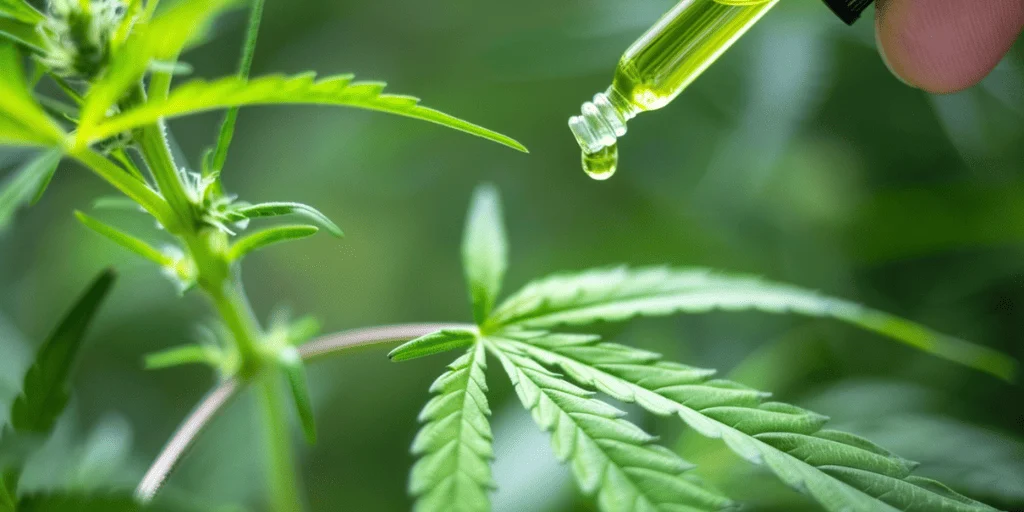
The possible change of CBD laws in the near future
The current laws governing CBD in the UK are considered inadequate because they were established before the emergence of CBD oils and other CBD products in the UK market. As the CBD industry evolves, it becomes increasingly clear that these outdated regulations need revision to better address the nuances of modern CBD products. In the coming years, we can anticipate significant revisions to the existing CBD regulations in the UK. Industry stakeholders and government authorities are actively collaborating to refine the laws governing CBD in the UK.
One of the key topics of discussion in these regulatory updates is the lawful content of THC in CBD products. As it stands, the THC limit is a point of confusion and contention, with regulations requiring that CBD products contain no more than 1 mg of THC per container. This rule, derived from broader cannabis and controlled drug laws, does not adequately reflect the specific needs and realities of the CBD market.
Effects of Brexit on the CBD legal status
The UK market has seen a surge in the availability of CBD oils, many of which are imported from European Union member states. Despite Brexit, the novel food regulation, initially part of EU law, has remained in effect in the UK.
However, while this regulation is currently on hold in the EU, the UK is moving forward with its enforcement. This proactive approach aims to provide clearer guidelines and legal status for hemp-based products within the UK, which should benefit the CBD market.
One critical question post-Brexit is whether there will be import and export issues concerning CBD products or the raw materials needed to produce them. The hope is that the UK government will closely examine the legal regulations surrounding hemp production within the country. A thorough revision could unlock the full potential of the hemp business in the UK, making it easier for businesses to produce and sell CBD products that meet both UK and EU standards.
Requirements for importing CBD into the UK
You can legally import CBD products into the United Kingdom from any European country, provided the CBD meets specific legal criteria. Here’s what you need to know:
- The CBD products must come from an industrial hemp strain that the European Union has approved;
- If you’re exporting products to the United Kingdom, you can’t advertise them as medicinal products, despite the growing insight into their health benefits;
- The products can’t contain other controlled substances, including specific cannabinoids like CBN;
- The CBD products must obtain licenses and permits, including a customs declaration and an import license.
It is crucial to stay updated on the latest rules and regulations when importing CBD products into the United Kingdom. Depending on the value of the CBD products and the country of origin, import taxes and fees may apply.
If you are importing CBD products for commercial purposes – such as resale or distribution – you may need additional permits and licenses. This depends on the type of CBD product, its intended use, and the source of the hemp. Before importing any product, it is essential to determine whether it requires certification by local labs, as a manufacturer’s certificate of analysis may not suffice. Furthermore, even if the goods clear customs, various retailers often demand a third-party certificate of analysis to ensure product quality and compliance.
Importing CBD from EU countries
If you plan to import CBD oil or hemp oil from the EU zone, the process is relatively straightforward, and the documentation required is minimal. Essential documentation includes a certificate of analysis and approval regarding novel food. The UK recognizes most certificates issued by agencies in the EU, which simplifies the process. This means that novel food approval from European agencies is valid in the UK, as is a third-party lab’s certificate of analysis from the EU, provided the lab has proper credentials.
- You will need to attach all relevant local EU documents, approvals, and certificates;
- You must declare the value of the products, ensuring to include an invoice with any shipment;
- Imports from EU member states are exempt from customs duty in the UK;
- However, these imports are not exempt from VAT, which must be paid before selling the products in the UK.
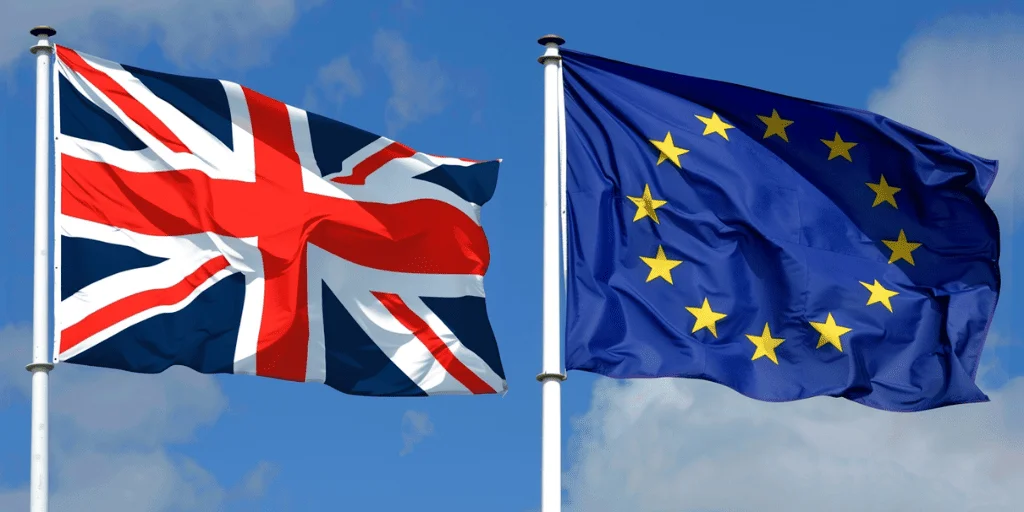
The legal status of CBD in the UK – a quick 2025 overview
- CBD products are not considered for medicinal use in the UK unless they have a license from MHRA. Normally CBD products are categorized as food supplements when ingested or cosmetics when applied topically;
- It is legal to sell CBD products processed outside the UK, provided they meet THC requirements (the maximum legal limit is 1 mg per container, regardless of the product’s volume, which effectively means a non-detectable amount for most CBD products) and not contain CBN (as it is also considered a controlled substance and is illegal in the UK) and are derived from approved strains of hemp;
- CBD flowers are not legal in the UK, although products made using CBD flower extract are permitted.
- Brands selling ingestible CBD products in the UK must have submitted a Novel Food Application by March 2021.
By following these guidelines, businesses can legally market and sell their CBD products in the UK. Ensuring compliance with these rules not only helps avoid legal issues but also builds consumer trust in the safety and quality of the products offered. Understanding and adhering to these regulations is crucial for any business looking to enter or expand within the CBD market in the UK.
Conclusion
Let’s quickly recap the CBD regulations in the UK. CBD is legal in the UK, provided it is registered as a Novel Food with the FSA, is made from an EU approved strain of hemp, and the finished CBD product contains less than 1 mg of THC.
Overall, these are promising times for the CBD business expansion in the UK market. The CBD market in the UK has experienced significant growth over the past few years, and this trend is expected to continue.
For further insights, we at Hempo Solutions invite you to read our articles about the regulation of CBD in other countries, such as:
You can also always contact us for further information on expanding your CBD business operations in the UK and other markets.
Featured Articles

Blog Home
No Content
